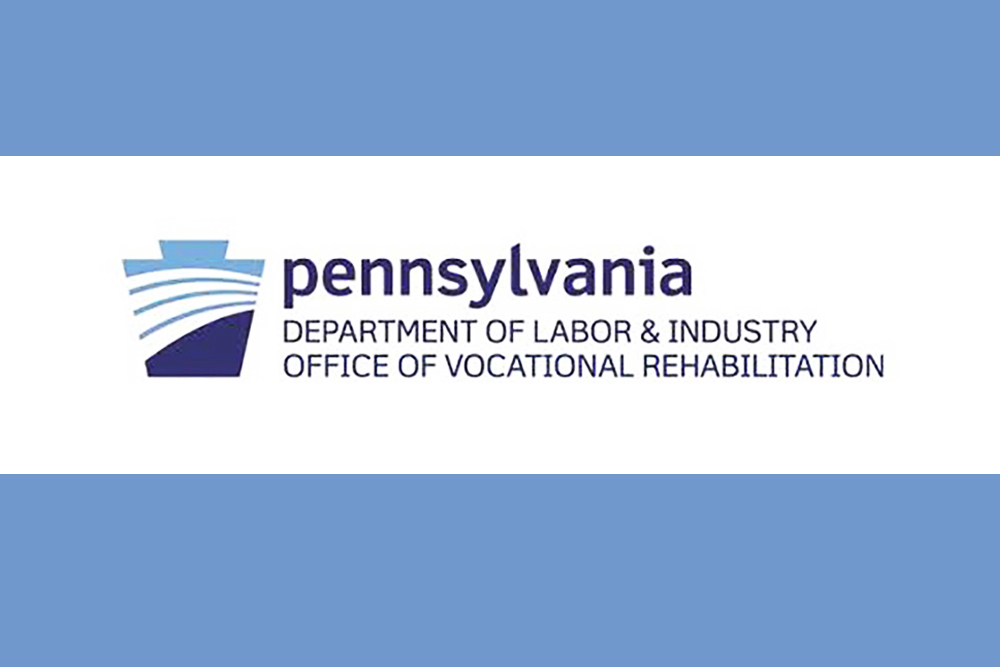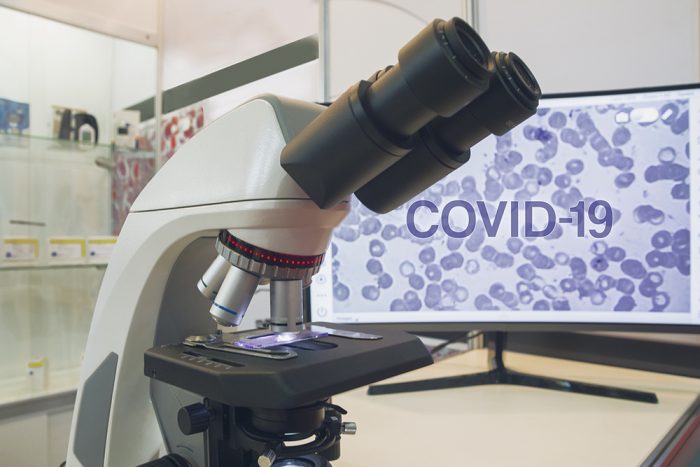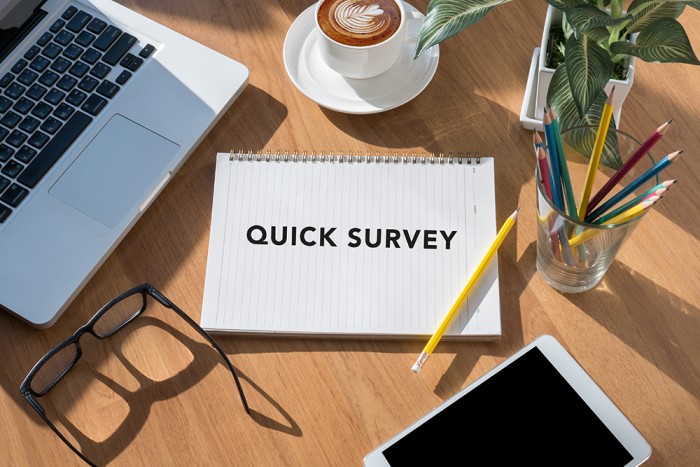FOR IMMEDIATE RELEASE
May 12, 2021
Harrisburg, PA – The Departments of Human Services, Labor & Industry, and Education today announced the availability of the federal Emergency Broadband Benefit (EBB), a program that will assist eligible households in paying for internet service and certain electronic devices.
The EBB, which is administered by the Federal Communications Commission (FCC), is a temporary program that provides a discount of up to $50 per month off a qualifying household’s internet bill and associated equipment rental. Additionally, eligible households can receive a one-time discount of up to $100 towards a tablet, laptop, or desktop computer, provided that the household contributes more than $10 and less than $50 toward the purchase price. The EBB is limited to one monthly service discount and one device discount per household, and the discount will be provided by the FCC directly to the service provider.
“The past year has shown us just how essential internet access is in order to connect with our loved ones, our workplaces and schools, and even to basic needs like telehealth and grocery delivery. We know that the COVID-19 pandemic has made it difficult for many to keep up with bills and expenses, so we are glad that the FCC is providing this benefit to people who need it,” said Acting DHS Secretary Meg Snead. “Assistance programs like this exist to help get you through tough times. I encourage anybody who has struggled to pay their internet bills to apply for this benefit.”
A household is eligible if one member of the household meets at least one of the criteria below:
- Receives benefits under the free and reduced-price school lunch program or the school breakfast program, including through the USDA Community Eligibility Provision, or did so in the 2019–2020 school year;
- Received a Federal Pell Grant during the current award year;
- Experienced a substantial loss of income since February 29, 2020, and the household had a total income in 2020 below $99,000 for single filers and $198,000 for joint filers;
- Meets the eligibility criteria for a participating internet provider’s existing low-income or COVID-19 program; or,
- Qualifies for the FCC’s Lifeline program.
- Households qualify for the federal Lifeline program if their income is less than 135% of the federal poverty guidelines or if they or their child participate in programs including the Supplemental Nutrition Assistance Program (SNAP), Medicaid, Supplemental Security Income (SSI), Federal Public Housing Assistance (FPHA), or other federal programs. Eligible participants can receive Lifeline and EBB at the same time.
- DHS has partnered with the FCC to provide a real time data exchange that verifies whether an individual is already receiving SNAP, Medicaid or SSI so that individuals receiving these programs will be able to more easily qualify for this new benefit as well as Lifeline.
“Strong, reliable access to the internet is a necessity for workers because today’s job search and hiring process is conducted almost exclusively online,” said L&I Acting Secretary Jennifer Berrier. “The Emergency Broadband Benefit will help struggling Pennsylvanians apply for jobs, communicate with hiring managers, and engage in online training programs that will help lift them out of poverty.”
“Access to the internet could be considered a school supply; a critical resource that supports learning beyond classroom walls,” said Acting Secretary of Education Noe Ortega. “The Emergency Broadband Benefit serves as another means to bridge the digital divide and create digital equity for students and families across the state.”
Applications for this program open today and will end once the funds are exhausted or six months after the federal Department of Health and Human Services declares the end of the COVID-19 pandemic. Service providers will be required to give notice on the last date when the EBB program will end.
To apply for the EBB program, contact your participating broadband service provider, or visit Get Emergency Broadband to apply online or print a paper application to mail in.
More information on the EBB can be found here. For more information on other public assistance programs, visit the DHS website.
MEDIA CONTACTS:
Erin James, DHS
Sarah DeSantis, L&I
Kendall Alexander, PDE
















